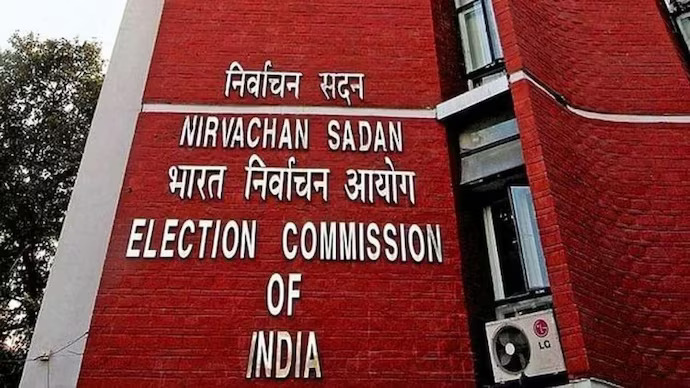According to the Election Symbols (Reservation and Allotment) Order, 1968, a political party can be recognized as a ‘state party’ if its candidates have secured not less than 6% of the total valid votes polled in the last election to the legislative assembly of the state, and at least two of them should have won.
Alternatively, the party should have secured 3% of the total number of seats or at least three seats in the assembly, whichever is more.
Additionally, the candidates set up by the party should have secured not less than 6% of the total valid votes polled in the state at the last general election to the House of the People from the state, and the party should have returned at least one member to the House of the People for every 25 members or any fraction thereof allotted to that state.
It takes not less than 6 percent of the total valid votes polled in a state for a political party to be recognized as a national party, and at the last general election, the party should have returned one member to the House of People for every 25 members. At the last general election to the state legislature, the party’s candidates should have secured not less than 8% of the valid votes.
The recognition of the AAP as a national party is a significant achievement for the party, which was founded in November 2012. The elevation to national party status will allow the AAP to contest parliamentary elections across the country, giving the party a national platform to further its political agenda.
However, the downgrading of the NCP and TMC is a setback for the parties, which have been struggling to maintain their political relevance. The downgrading will limit the parties’ ability to contest elections outside their respective states, which could impact their future electoral prospects.

